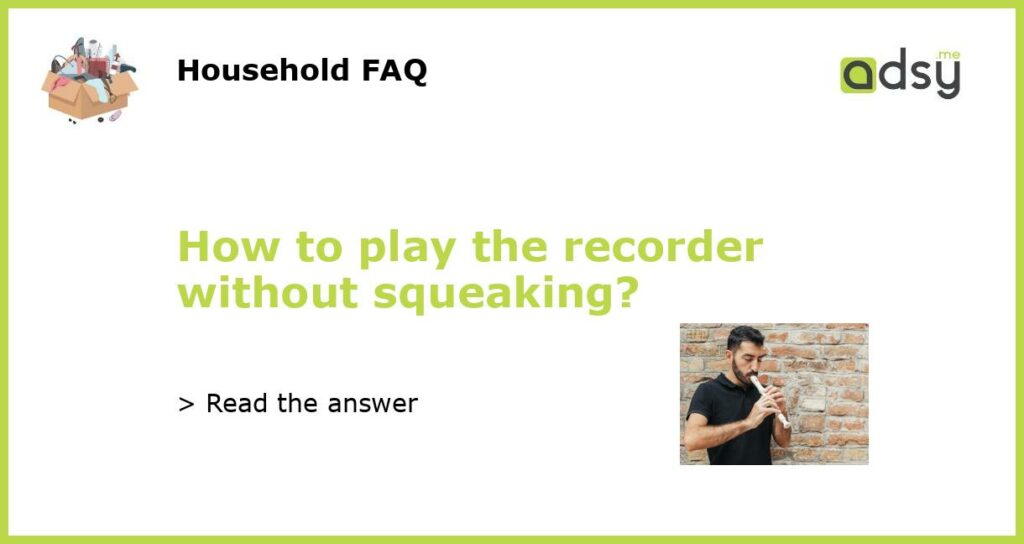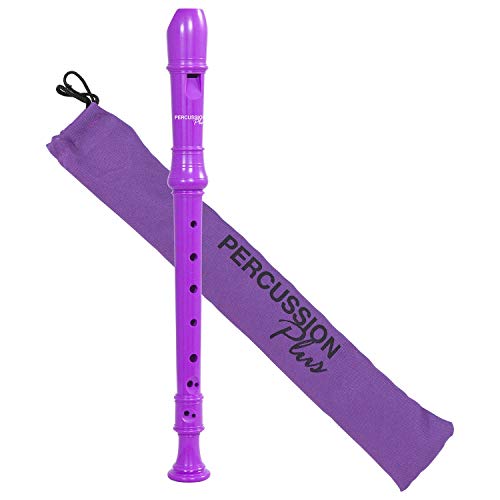Proper Finger Placement
One of the key factors in preventing squeaking on the recorder is to have proper finger placement. When holding the recorder, make sure you are using the correct hand positioning. Your left hand should be placed on the top of the recorder with your fingers covering the holes. Your right hand should be placed on the bottom of the recorder, with your thumb covering the back hole. By having the correct finger placement, you can ensure that you are covering the holes fully, allowing for clear and clean notes to be produced.
Steady Breath Control
A common reason for squeaking on the recorder is due to inconsistent breath control. It is important to have a steady and controlled breath when playing the recorder. Avoid blowing too hard or too softly, as this can cause the notes to squeak. Practice maintaining a steady airflow by taking deep breaths before playing and controlling the airflow with your diaphragm. By having steady breath control, you will be able to produce consistent and smooth notes on the recorder.
Proper Tongue Positioning
Another factor that can contribute to squeaking on the recorder is improper tongue positioning. When playing the recorder, make sure your tongue is positioned correctly. The tip of your tongue should lightly touch the roof of your mouth, just behind your front teeth. This position allows for clear articulation and prevents air leakage, which can lead to squeaking. Be mindful of your tongue position and practice tonguing exercises to improve your control and accuracy.
Regular Instrument Maintenance
Keeping your recorder in good condition is essential for preventing squeaking. Regular maintenance includes cleaning the recorder after each use and oiling the joints to ensure smooth movement. Use a cleaning rod and cloth to remove any moisture or dirt from the inside of the recorder. Additionally, make sure to check for any loose or damaged parts and have them repaired or replaced as needed. By keeping your recorder well-maintained, you can minimize the chances of squeaking and maintain the quality of your sound.
Practice and Patience
Like any musical instrument, playing the recorder takes practice and patience. Squeaking is often a result of inexperience or improper technique, so the more you practice, the better you will become. Regular practice allows you to develop muscle memory and refine your skills. Start with simple exercises and gradually increase the difficulty level as you progress. Be patient with yourself and don’t get discouraged if you encounter squeaking along the way. With time and dedication, you will be able to play the recorder without squeaking.






